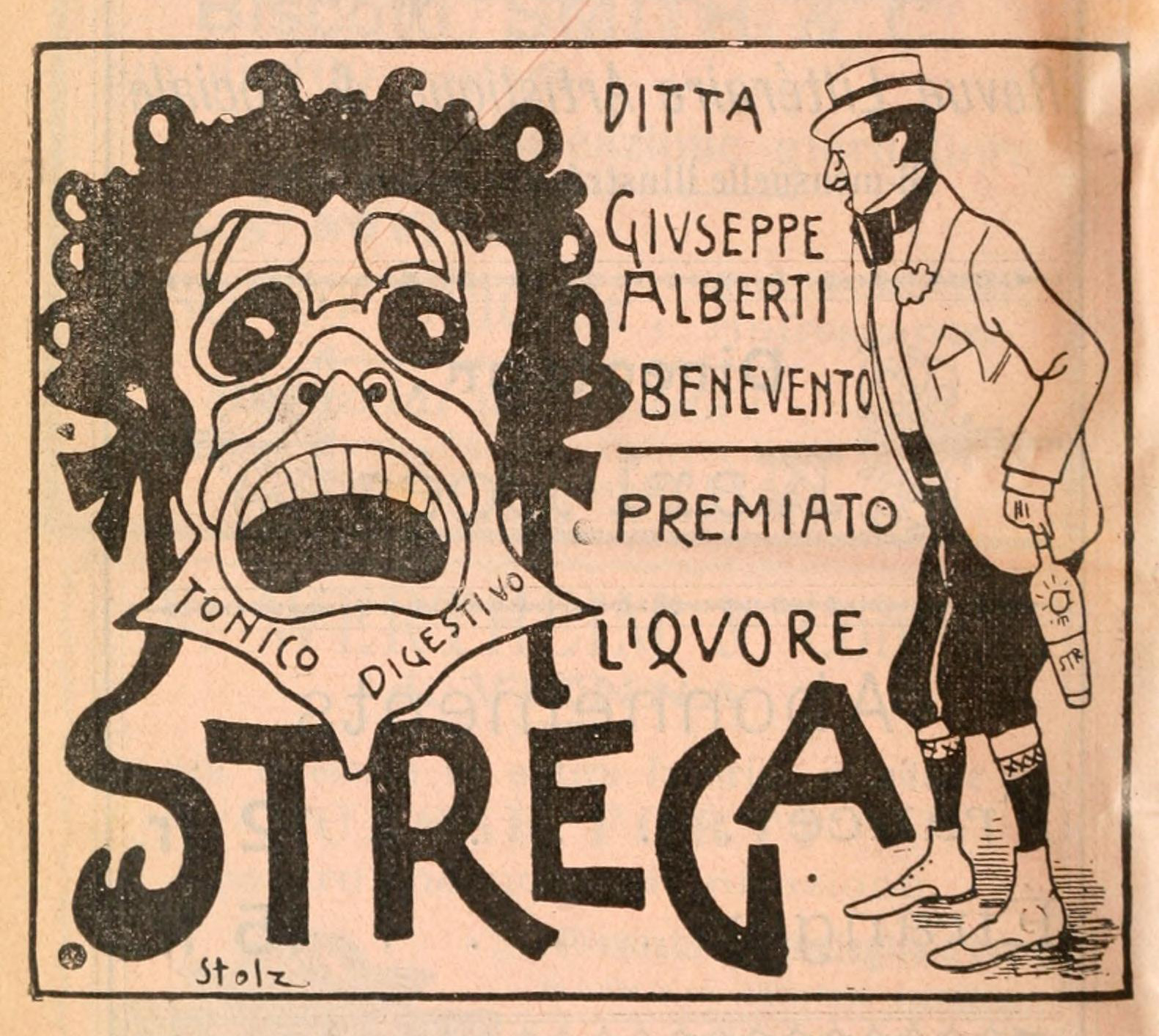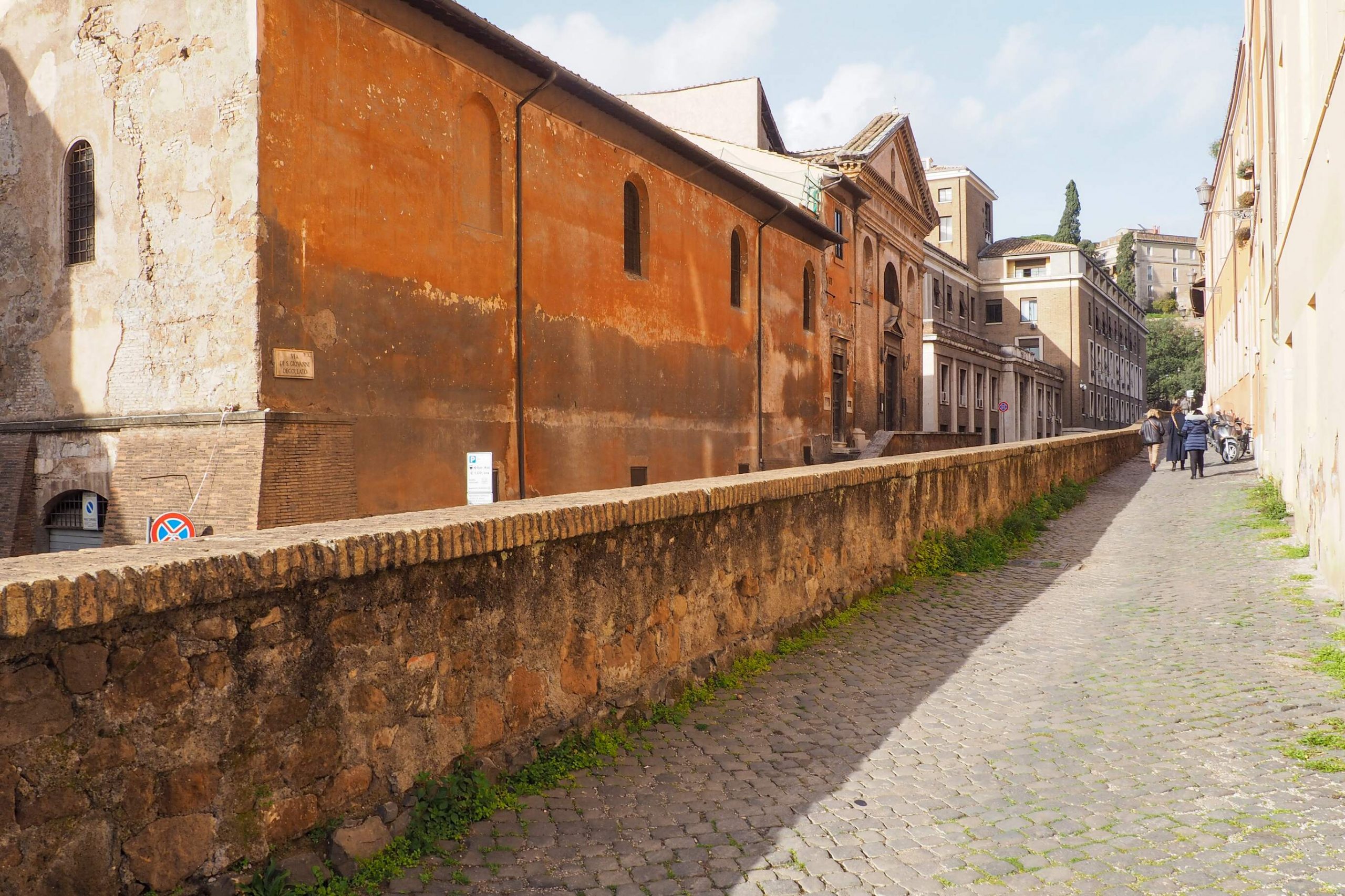Whenever my secretary Antonio pesters me for another collection of satires, I reply: “Beware, my son. Of the making of books there is no end.” If this seems jaded, it is only because I have witnessed so much ballyhoo and chicanery. Forget about Maecenas and Horace’s Sabine farm. Literature in Rome has been a racket for twenty-one centuries.
Until the end of the Republic, authors made copies of their works in their own or a patron’s home and circulated the manuscript among friends. Then, at Julius Caesar’s behest, the banker Atticus converted his private studio into a public factory to grind out copies of Cicero’s speeches for the State Library. Caesar, in return, provided Atticus with rich clients: parvenus who curried favor and sought respectability by appearing well-read.
Book shops soon multiplied on the Vicus Tuscus, a commercial street running southwest out of the Forum between the Basilica Julia and the Temple of Castor and Pollux. This busy strip also included incense and perfume dealers, which may explain why Rome’s early publishing houses cultivated the sweet smell of success. The most profitable, located near the statue of Vertumnus, the Etruscan god of changing seasons and financial exchange, belonged to the Sosius brothers, two wily freedmen whose list of authors included Horace. The Sosii, Horace joked, pumiced his manuscripts until they were smooth as a rent boy’s ass.
These book merchants (librarii), who assembled and trained teams of expert slaves, sold their wares at the highest prices. However, although literature was a status symbol, an author’s original work was dreck. Unknown writers paid through the nose for copyists to fill their orders, but even the most famous writers could not sell their manuscripts to firms that condescended to reproduce and distribute them.
Worse, book merchants were exempt from paying authors. No copyright existed. According to Roman law, writing fell under the rule of superficies solo cedit.A tree belonging to one person, if planted in the ground of another person, belonged to the owner of the property as soon as it took root. Likewise, if someone wrote on another’s papyrus or parchment, the material was considered property, so the writing belonged to the owner of the papyrus or parchment.
This loophole allowed publishers to grow fat while writers starved. “My book,” Martial declared, “is thumbed amid Getic frosts, near martial standards, by the stern centurion; and even Britain sings my verses. But what advantage is it to me? My purse benefits nothing by my reputation.”
To escape the demands of the librarii or to force their hand, authors gave readings, but venues often were bad. Juvenal was stuck with “a peeling dump of a hall in the suburbs, its front door barred like the gates of a sieged town.” His patron leased a claque but was too cheap to provide chairs for the platform. In contrast, the rich and the powerful staged lavish recitals and created glittering prizes. For their glory, not Apollo’s. This practice continues today.
Consider the annual ceremony for the Strega Prize, a cross between Sotheby’s and the Indie 500, held on the first Thursday of July in the floodlit nymphaeum at Villa Giulia. While guests lean over the balustrade of the marble staircase, the jurors—four hundred publishing insiders called the Amici della Domenica, the Sunday Friends—pack the courtyard. The air buzzes with gossip and intrigue. Paparazzi snap photos and steal canapés from the buffet. Escorts look stiffer than the caryatids supporting the loggia. Critics in rented tuxes bicker and place bets. A chalkboard lists votes for five short-listed authors.
Founded in 1947 by Guido Alberti, owner of the Strega liquor company, together with the historical novelist Maria Bellonci and her husband Goffredo, the Strega Prize reunited Rome’s intellectuals after the war and promoted its salon culture. But as prosperity replaced austerity, the Strega came to symbolize everything wrong with the Establishment. Tabloids claimed the prize was fixed, a closed deal among publishers. Protests disrupted the ceremony. Pier Paolo Pasolini, who accused the Strega Foundation of being “completely and irreparably in the hands of an arbitrary neo-capitalism,” instigated an embargo. After this explosion, the prize was nicknamed La Polveriera, the Powder Keg.
The rules for nomination and voting have changed, but the Strega remains controversial. The big houses, Adelphi, Feltrinelli, Mondadori, and Rizzoli, still play dirty, still lobby the Amici for the necessary votes to make their nominated book a best seller. The prize itself, picayune compared to the Nobel, the Booker, or the Pulitzer, is window dressing. The real story is behind the scenes, where publishers hustle for the winning book’s almost guaranteed sales of fifty thousand copies. Let Mount Parnassus honor the Muses. The Seven Hills worship only money.
And still Antonio goads me to finish another book, despite the fact that older Romans prefer the sports pages and younger Romans barely read. A small independent press, he claims, wants to publish my work. Very flattering, and how many copies will it sell? Such practical questions never bother Antonio, forever tilting at windmills.
“Publish or perish!” he cries. But when the average book has the shelf life of milk and most Strega finalists are pulped within four years, I’m perfectly capable of doing both.
Pasquino’s secretary is Anthony Di Renzo, professor of writing at Ithaca College. You may reach him at direnzo@ithaca.edu.
Ogni volta che il mio segretario Antonio mi assilla per avere un’altra raccolta di satire, rispondo: “Attento, figlio mio. Alla produzione di libri non c’è fine”. Se questa sembra una risposta disincantata, è solo perché sono stato testimone di tante baggianate e imbrogli. Dimenticate Mecenate e la fattoria della villa Sabina di Orazio. La letteratura a Roma è stata un imbroglio per ventun secoli.
Fino alla fine della Repubblica, gli autori hanno fatto copie delle loro opere in casa propria o di un mecenate e hanno fatto circolare il manoscritto tra gli amici. Poi, per volere di Giulio Cesare, il banchiere Attico trasformò il suo studio privato in una fabbrica pubblica per far uscire le copie dei discorsi di Cicerone per la Biblioteca di Stato. Cesare, in cambio, procurò ad Attico ricchi clienti: parvenus che, apparendo colti, si facevano benvolere e cercavano rispettabilità.
Le librerie si moltiplicarono presto sul Vicus Tuscus, una strada commerciale che si estendeva a sud-ovest del Foro tra la Basilica Giulia e il Tempio di Castore e Polluce. Questa trafficata striscia comprendeva anche rivenditori di incensi e profumi, il che può spiegare perché le prime case editrici romane coltivavano il dolce profumo del successo. La più redditizia, situata vicino alla statua di Vertumnus, il dio etrusco del cambio di stagione e dello scambio finanziario, apparteneva ai fratelli Sosius, due astuti liberti la cui lista degli autori comprendeva Orazio. I Sosius, scherzava Orazio, levigavano i suoi manoscritti fino a farli diventare lisci come il fondoschiena di un ragazzo a pagamento.
Questi commercianti di libri (librarii), che riunivano e formavano squadre di schiavi esperti, vendevano la loro merce ai prezzi più alti. Tuttavia, anche se la letteratura era uno status symbol, l’opera originale di un autore era spazzatura. Scrittori sconosciuti pagavano a peso d’oro i copisti per soddisfare i loro ordini, ma anche gli scrittori più famosi non potevano vendere i loro manoscritti a negozi che si accontentavano di riprodurli e distribuirli.
Peggio ancora, i mercanti di libri erano esenti dal pagare gli autori. Non esisteva alcun diritto d’autore. Secondo il diritto romano, la scrittura rientrava nella norma delle superficies solo cedit. Un albero che apparteneva ad una persona, se piantato nel terreno di un’altra persona, apparteneva al proprietario della proprietà non appena vi metteva radici. Allo stesso modo, se qualcuno scriveva sul papiro o sulla pergamena di un altro, il materiale era considerato proprietà, quindi la scrittura apparteneva al proprietario del papiro o della pergamena.
Questa scappatoia permetteva agli editori di ingrassare mentre gli scrittori morivano di fame. “Il mio libro” dichiarò Marziale “viene sfogliato in mezzo ai luoghi ghiacciati getici, vicino agli standard marziali, dal severo centurione; e anche la Gran Bretagna canta i miei versi”. Ma che vantaggio ne traggo? La mia borsa non trae alcun vantaggio dalla mia reputazione”.
Per sfuggire alle richieste dei librarii o per forzarne la mano, gli autori davano delle letture, ma spesso i luoghi erano pessimi. Giovenale fu bloccato nella “discarica scrostata di una sala in periferia, con la porta d’ingresso sbarrata come le porte di una città assediata”. Il suo mecenate pagò una claque, ma risparmiò nel fornire sedie per l’incontro. Al contrario, i ricchi e i potenti mettevano in scena sontuosi recital e creavano scintillanti premi. Per la loro gloria, non per quella di Apollo. Questa pratica continua ancora oggi.
Basti pensare alla cerimonia annuale del Premio Strega, un incrocio tra Sotheby’s e Indie 500, che si tiene il primo giovedì di luglio nel ninfeo illuminato di Villa Giulia. Mentre gli ospiti si appoggiano alla balaustra dello scalone di marmo, i giurati, quattrocento addetti ai lavori editoriali chiamati Amici della Domenica, riempiono il cortile. L’aria pullula di pettegolezzi e intrighi. I paparazzi scattano foto e rubano tartine dai buffet. Le escort sembrano più rigide delle cariatidi che sostengono la loggia. I critici negli smoking a noleggio battibeccano e piazzano scommesse. Una lavagna elenca i voti dei cinque autori selezionati.
Fondato nel 1947 da Guido Alberti, titolare dell’azienda di liquori Strega, insieme alla scrittrice di romanzi storici Maria Bellonci e al marito Goffredo, il Premio Strega ha riunito gli intellettuali romani del dopoguerra e ne ha promosso la loro cultura da salotto. Ma poiché la prosperità ha sostituito l’austerità, lo Strega è venuto a simboleggiare tutto ciò che non va nell’establishment. I tabloid dicono che il premio è già stato deciso, è un affare chiuso tra gli editori. Le proteste turbano la cerimonia. Pier Paolo Pasolini, che accusava la Fondazione Strega di essere “completamente e irreparabilmente nelle mani di un neocapitalismo arbitrario”, istiga all’embargo. Dopo questa esplosione, il premio è stato soprannominato La Polveriera.
Le regole per la nomina e il voto sono cambiate, ma lo Strega rimane controverso. Le grandi case, Adelphi, Feltrinelli, Mondadori, Rizzoli, giocano ancora sporco, fanno ancora pressione sugli Amici per i voti necessari a far sì che il loro libro venga nominato best seller. Il premio in sé, una sciocchezza rispetto al Nobel, al Booker o al Pulitzer, è la vetrina. La vera partita si gioca dietro le quinte, dove gli editori si affannano per avere le vendite quasi garantite del libro vincitore per cinquantamila copie. Che il Monte Parnaso onori le Muse. Le Sette Colline venerano solo il denaro.
Eppure Antonio mi spinge a finire un altro libro, nonostante il fatto che i romani più anziani preferiscano le pagine sportive e i romani più giovani a malapena leggano. Una piccola casa editrice indipendente, sostiene, vuole pubblicare il mio lavoro. Molto lusinghiero, e quante copie venderà? Domande così pratiche non danno mai fastidio ad Antonio, sempre incline ai mulini a vento.
“Pubblicare o perire”, grida. Ma quando il libro medio ha la durata di conservazione del latte e la maggior parte dei finalisti di Strega sono ridotti in poltiglia nel giro di quattro anni, sono perfettamente in grado di fare entrambe le cose.
Il segretario di Pasquino è Anthony Di Renzo, professore di scrittura all’Ithaca College. Potete raggiungerlo su direnzo@ithaca.edu.





























